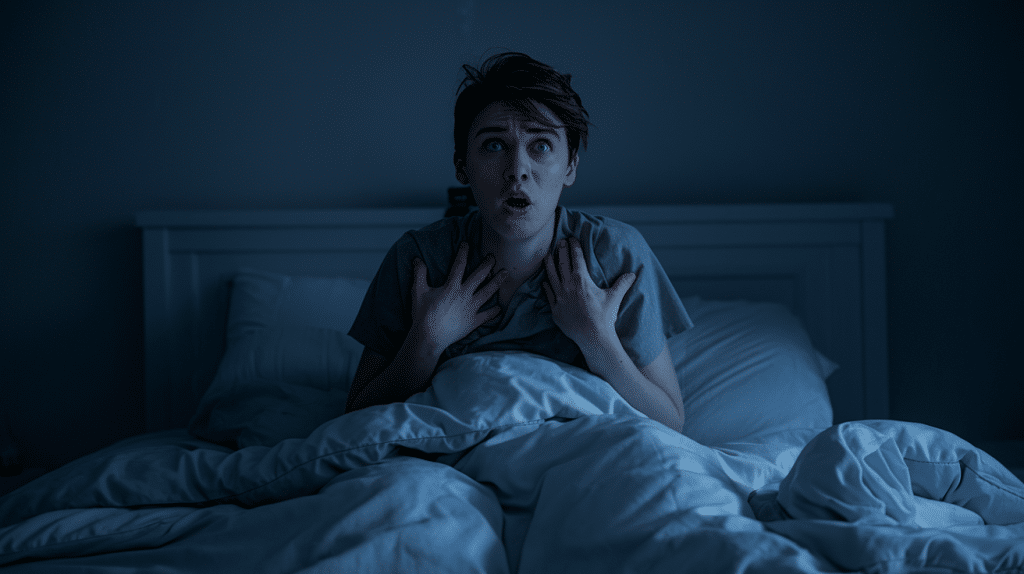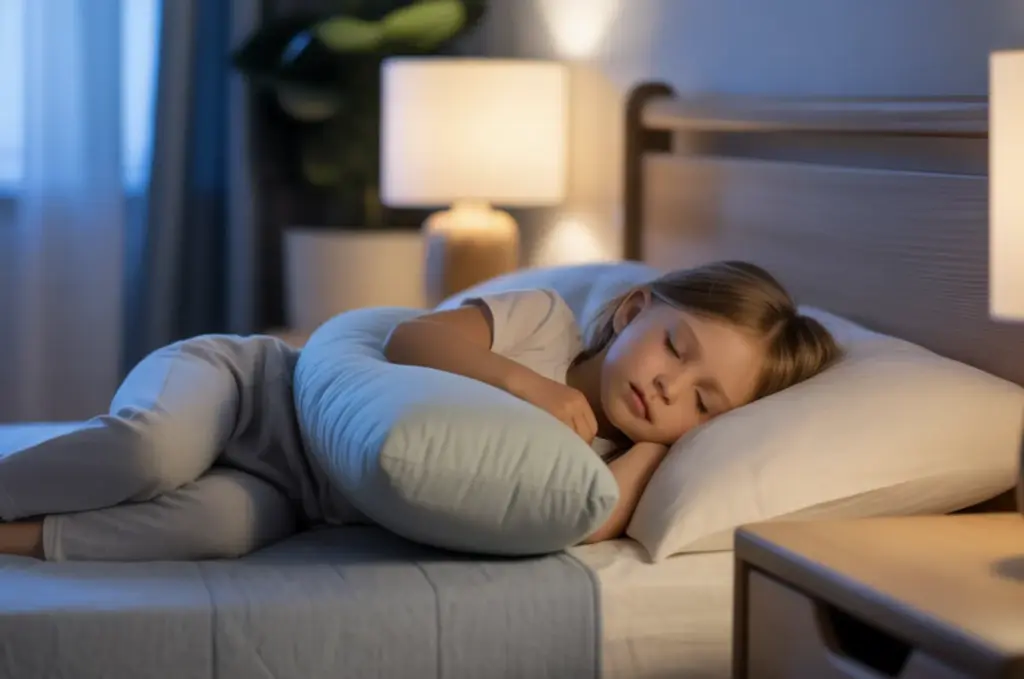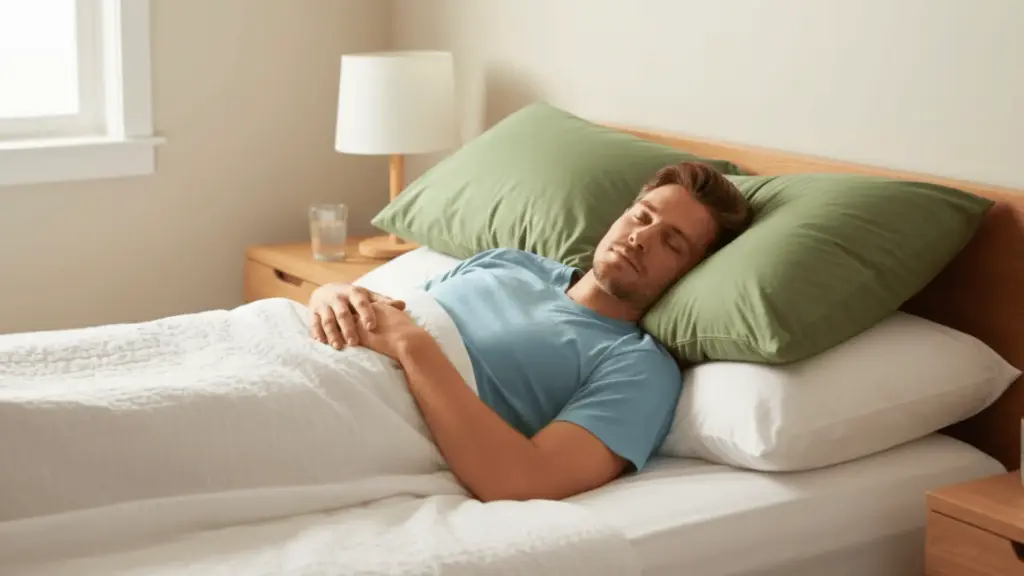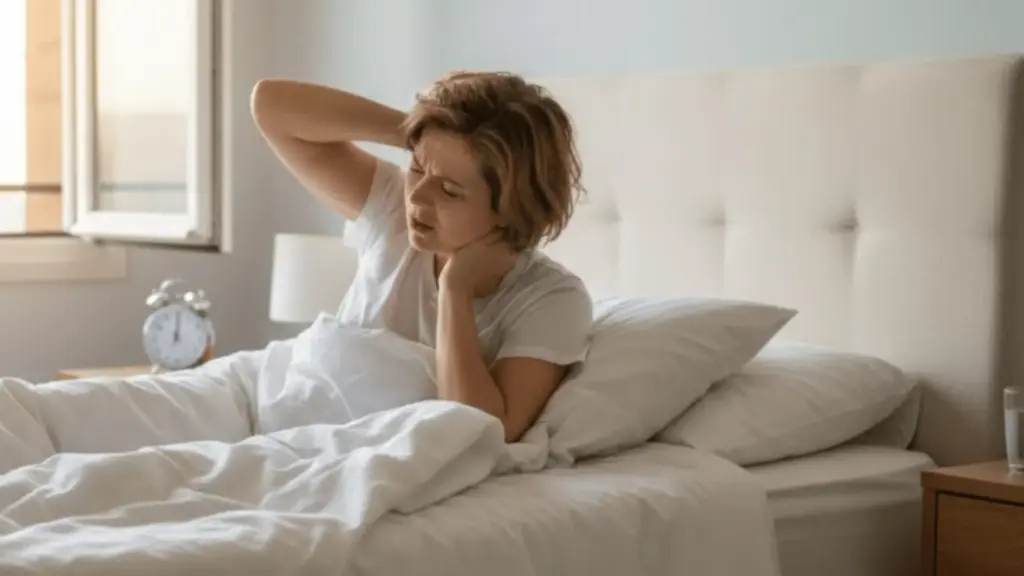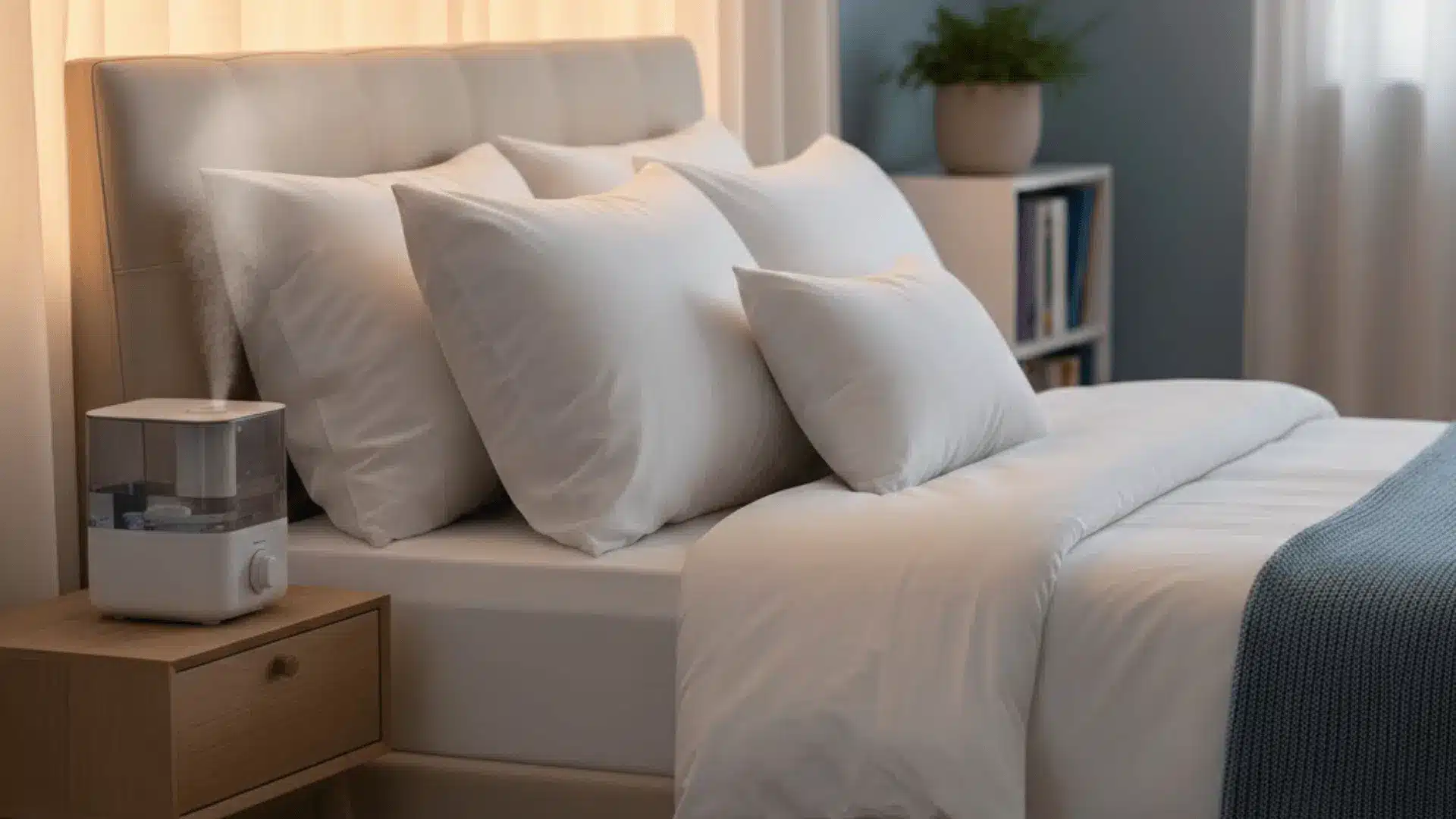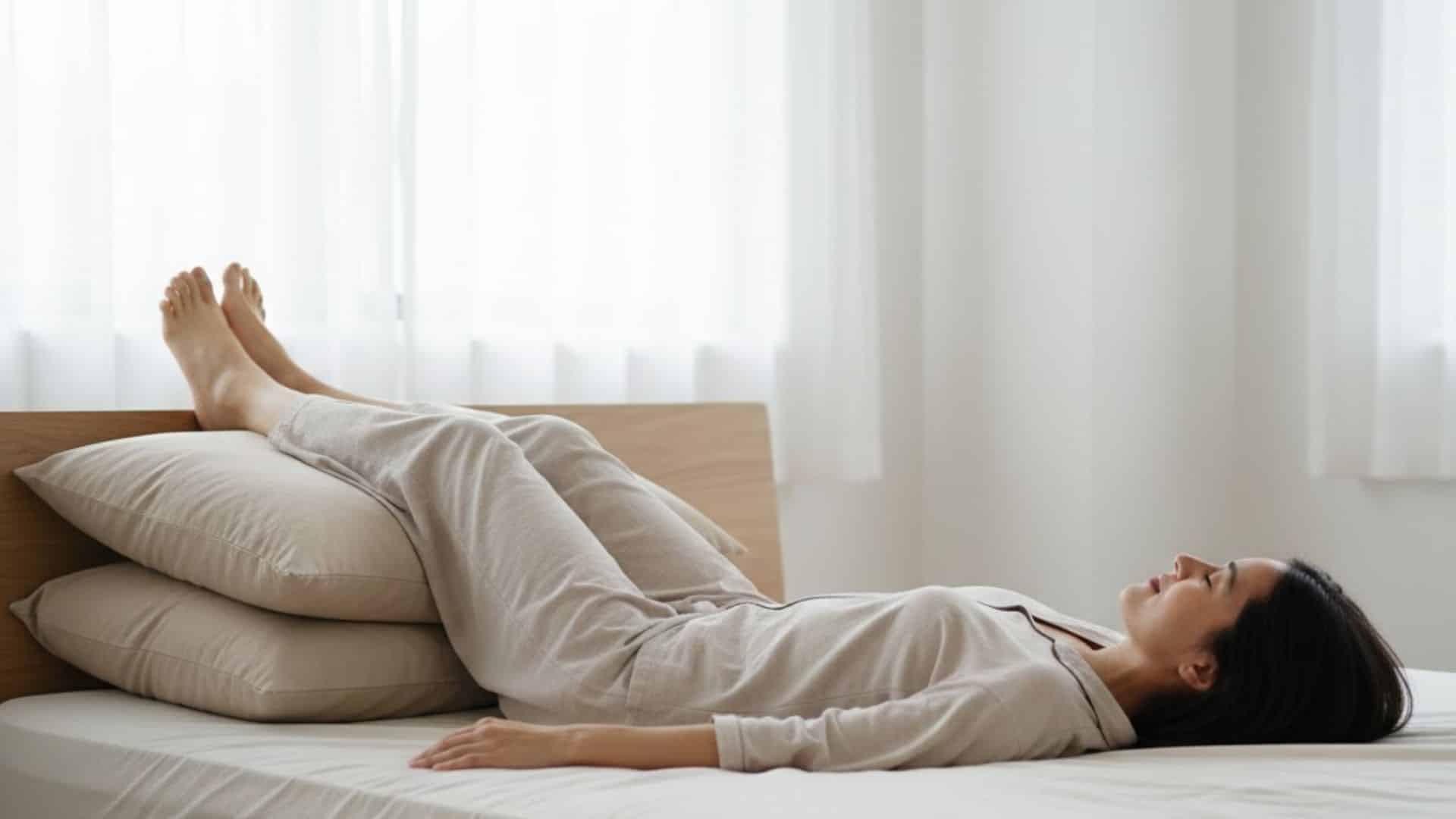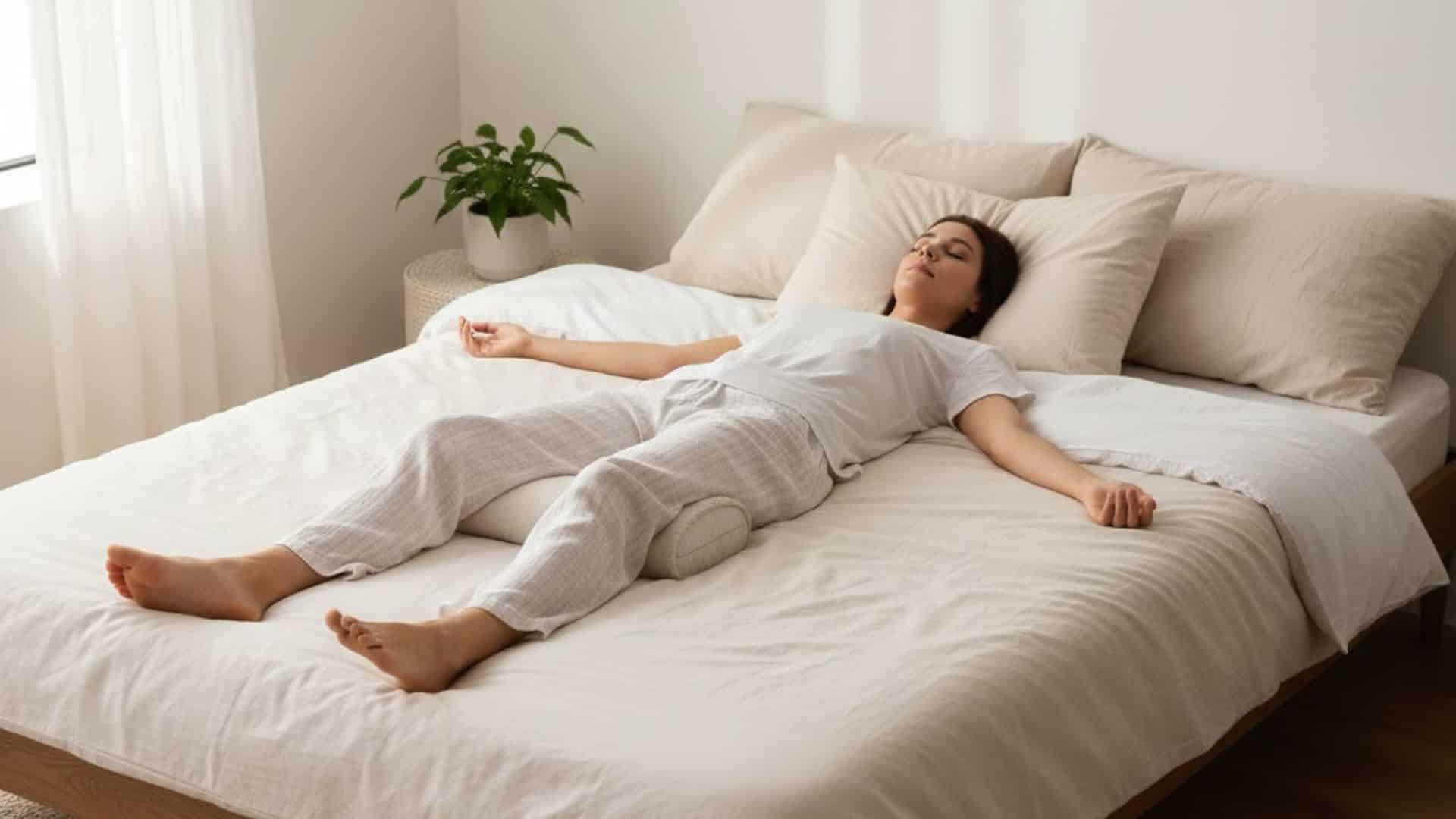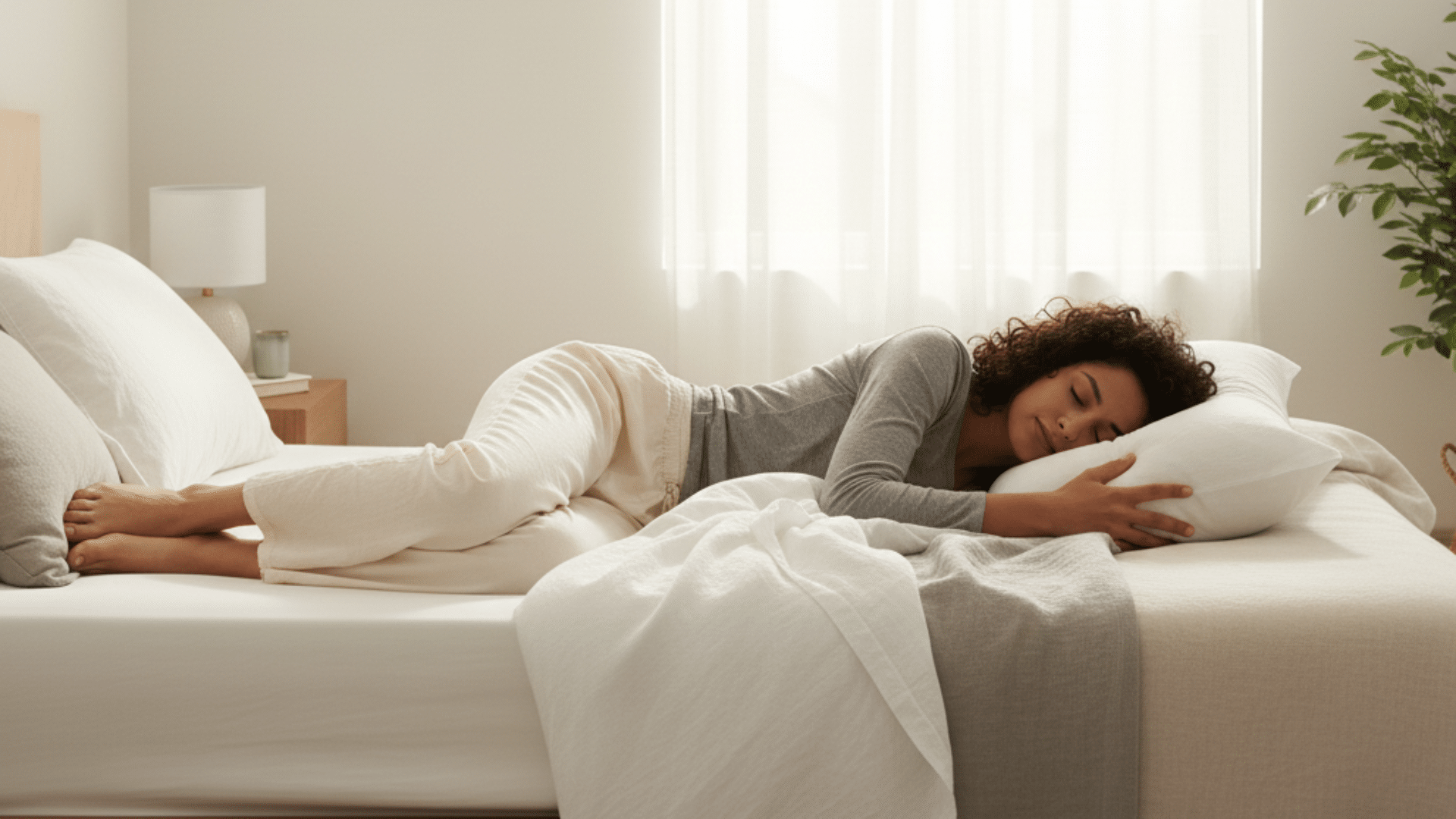Sleep is supposed to be your time to rest, but for some, it can bring unexpected moments of fear and discomfort.
If you’ve ever wondered, “Can you have a panic attack in your sleep?” or experienced a panic attack while sleeping, you’re not the only one out there.
I know how unsettling a panic attack in sleep can be; it’s just as intense as one during the day, but it happens while you’re trying to rest.
Between 44% and 71% of people with panic disorder experience these nighttime episodes, so it’s more common than you might think.
Today, I’ll walk you through what causes panic attacks during sleep and how you can manage them when they happen. Let’s get started.
What Triggers Panic Attacks in Sleep?
Several factors can cause panic attacks to occur at night. Understanding these triggers helps you identify potential causes in your own life.
1. Anxiety Disorders
People with existing anxiety conditions face higher risks of nighttime panic episodes. Panic disorder is the most common underlying cause.
Other anxiety conditions also contribute to these nighttime episodes. Generalized anxiety disorder, social anxiety, and agoraphobia can all play a role.
2. Daily Stress and Past Trauma
High stress levels throughout the day don’t simply disappear when you fall asleep. Your mind and body continue processing these tensions during rest periods.
Past traumatic experiences sometimes surface during sleep as panic episodes. Your brain may process difficult memories while you’re unconscious, triggering physical reactions.
3. Sleep-Related Problems
Sleep disorders create additional stress on your body and mind. Obstructive sleep apnea interrupts normal breathing patterns, which can trigger panic responses.
Chronic insomnia makes anxiety worse over time. Poor sleep quality leaves your nervous system more sensitive to stress responses.
4. Substance Effects
What you consume affects your sleep quality and anxiety levels. Caffeine stays in your system for hours, potentially disrupting sleep patterns.
Alcohol initially makes you drowsy, but disrupts sleep cycles later in the night. This disruption can trigger anxiety responses.
Stopping certain medications suddenly can cause withdrawal symptoms. These symptoms sometimes include panic attacks during sleep.
Recognizing the Signs of a Panic Attack
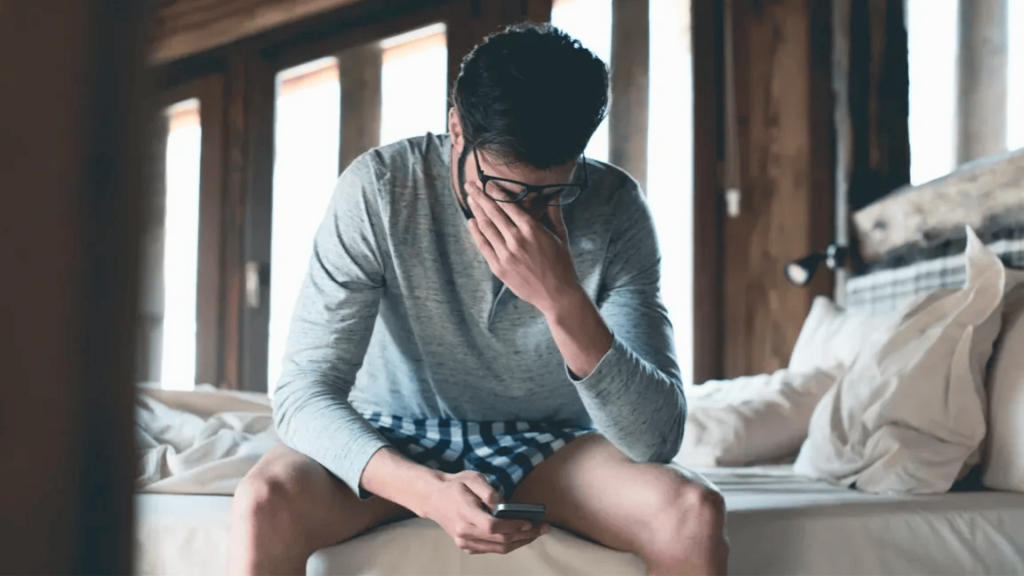
Nocturnal panic attacks create both physical and emotional symptoms. These signs help you identify what’s happening during an episode:
Physical Symptoms You Might Experience
Panic attacks can trigger intense physical reactions that may feel alarming in the moment. Here are some common ones to look out for:
- Your heart may race or beat irregularly during an attack. Sweating or sudden chills are common physical responses.
- Breathing becomes difficult, and you might feel like you’re choking. Chest pain or pressure often accompanies these breathing changes.
- Your body may shake or tremble uncontrollably. Dizziness and nausea frequently occur during these episodes.
While these symptoms can be frightening, they are part of your body’s stress response and will pass as the episode subsides.
Emotional Reactions
Alongside the physical changes, panic attacks often bring powerful emotional shifts that can feel overwhelming.
- Intense fear overwhelms your thoughts during an attack. You might feel like something terrible is about to happen.
- Some people feel disconnected from reality or their surroundings. Fear of losing control or going crazy is another common experience.
- A strong urge to escape or get away from your current situation often accompanies these feelings.
Recognizing these feelings as temporary and connected to the attack can help you respond with more calm and control.
How Panic Attacks Differ from Night Terrors
Understanding the difference between nocturnal panic attacks and night terrors is important for proper identification and treatment. While both can occur during sleep and cause intense distress, they manifest in different ways.
Here’s a quick side-by-side comparison:
| Aspect | Nocturnal Panic Attacks | Night Terrors |
|---|---|---|
| Consciousness | Fully awake and aware of surroundings | Often remain partially unconscious during episodes |
| Memory of Event | Typically, remember the episode in detail | Rarely remember the event after waking up |
| Physical Symptoms | Rapid heartbeat, shortness of breath, sweating, trembling | May include thrashing movements, screaming, and confusion |
| Emotional Symptoms | Intense fear, a sense of impending doom | Feelings of terror, but with less clarity of experience |
By recognizing these differences, it becomes easier to address the appropriate treatment and coping strategies for each condition.
Long-Term Solutions for Panic Attacks
While quick relief strategies can help in the moment, managing nocturnal panic attacks long-term requires consistent effort.
Professional guidance, healthy habits, and sometimes medication can help prevent future episodes.
Professional Treatment Options
Cognitive Behavioral Therapy helps you identify thought patterns that contribute to panic attacks. A trained therapist can teach you specific techniques for managing anxiety.
Medications like SSRIs can reduce the frequency and intensity of panic episodes. Some doctors prescribe short-term anti-anxiety medications for severe cases.
Lifestyle Changes that Help
Create a consistent bedtime routine and stick to the same sleep schedule every night. Your body responds well to predictable patterns.
Limit caffeine intake, especially after 2 PM. Reduce alcohol consumption, particularly in the evening hours.
Regular exercise helps reduce overall anxiety levels. Aim for at least 30 minutes of physical activity most days of the week.
Practice relaxation techniques like deep breathing, progressive muscle relaxation, or gentle stretching before bed.
When to Get Professional Help
Some situations require professional medical attention and shouldn’t be handled alone.
Contact a healthcare provider if you experience nocturnal panic attacks more than once weekly. Frequent episodes indicate a need for professional evaluation.
Seek help if these episodes significantly disrupt your sleep or daily activities. Don’t wait if the attacks are getting worse or more frequent.
If you have other mental health conditions like depression or PTSD alongside panic attacks, professional treatment becomes even more important.
Quick Relief Strategies to Avoid Panic Attacks in Sleep
If you wake up feeling panicked, quick, simple actions can help calm your mind and body so you can get back to sleep.
- Breathing: Inhale for 4 counts, hold for 4, exhale for 4. Repeat.
- Grounding: Identify 5 things you can see, 4 things you can touch, 3 sounds, 2 smells, and 1 taste.
- Reassure Yourself: Remind yourself, “This feeling is uncomfortable but not dangerous.”
- Hydrate: Sip cool water slowly to calm physical symptoms.
- Visualization: Picture a peaceful scene, like a beach or a calm forest, to shift your focus.
- Progressive Muscle Relaxation: Tense and then slowly relax each muscle group, starting from your toes to your head.
- Stretching: Gently stretch your body to release tension and help your muscles relax.
Using these techniques regularly can make nighttime panic less intense and help you feel more in control when it happens.
Wrapping Up
Dealing with a panic attack in sleep can feel overwhelming, but you don’t have to face it alone.
By understanding what triggers these episodes, you can start to take control. With the right strategies and support, you’ll be on your way to better sleep and less anxiety.
I want you to remember that progress takes time, and there will be ups and downs along the way. Be kind to yourself as you work toward more peaceful nights.
Your sleep is important, and you deserve rest without fear. Try out a few of the strategies we discussed tonight to start feeling more at ease.
For more tips on managing anxiety and improving sleep, read my other blogs for practical, easy-to-follow advice.


